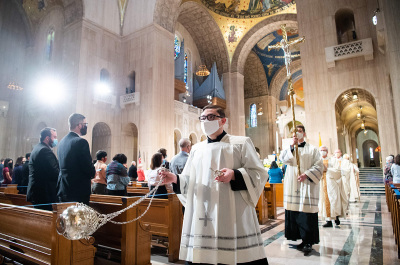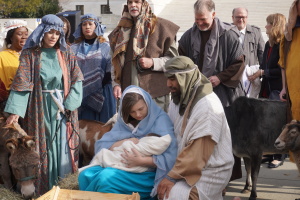4 interesting facts about Easter: Disputed origins, different dates, religious significance of the egg
A day and a season

Although many churches and those in popular culture may view Easter as just one day, the holiday is also the beginning of a whole 50-day season, sometimes called Eastertide or Paschal Tide.
The Easter season goes from Easter Sunday until Pentecost, a holiday observed in remembrance of the church being founded, as well as a common day for confirming new Christians.
“Eastertide is our celebration of Jesus’ earthly presence post-resurrection, and therefore is not a time for fasting,” wrote Anglican priest Porter Case Taylor in a 2015 Patheos piece. “As a church we have just emerged from the wilderness and fasting of Lent and we can now enjoy a time of God’s plentiful bounty.”
According to a 2016 article by Robin Armit, Eastertide is the longest season of the liturgical calendar, having more days in it than Lent or Advent.
“It should also be noted that the Easter season corresponds to pre-existing Jewish feats: The first day of Pesach and the holiday of Shavu’ot. In the Jewish tradition, the 49 days between these holidays are known as the Counting of the Omer,” explained Armit.
“One way the Church welcomes this period, and reflects more deeply on it is through reading the Acts of the Apostles at Masses all through Eastertide. These readings of course tell the story of the church’s earliest days, and the struggles and strife as it persevered in spreading the faith throughout the ancient world.”




























